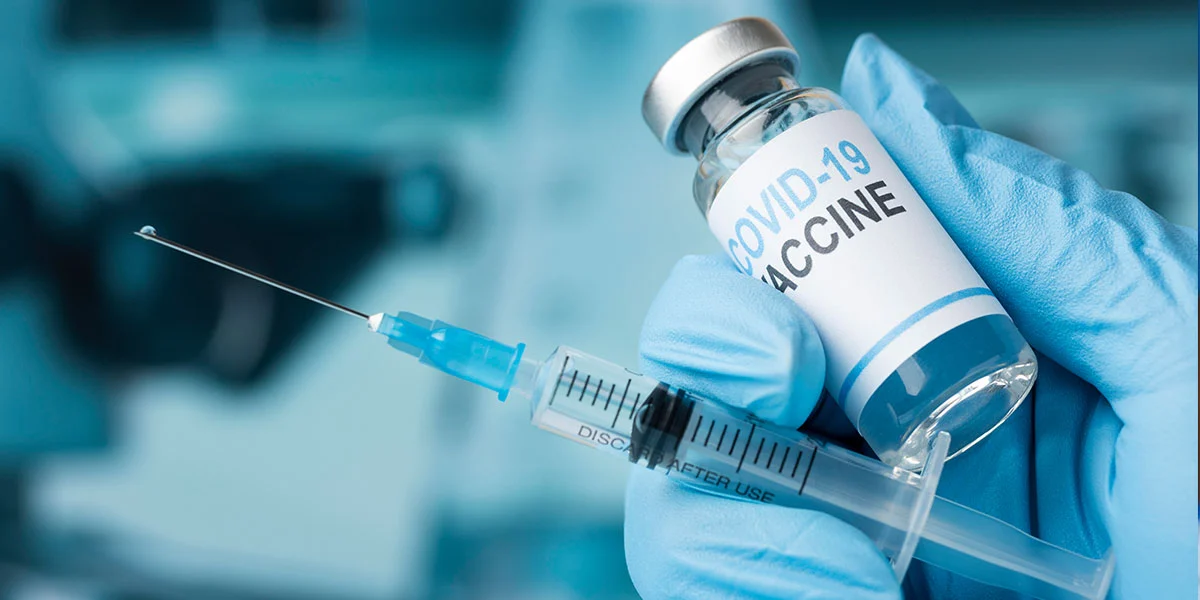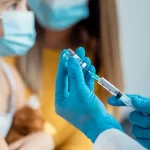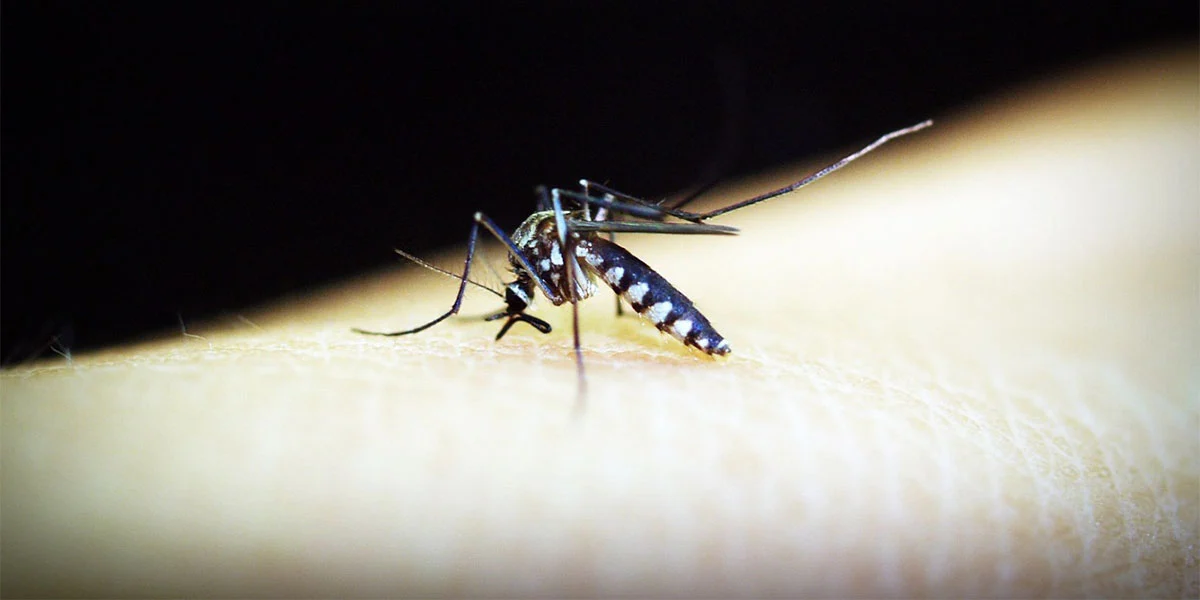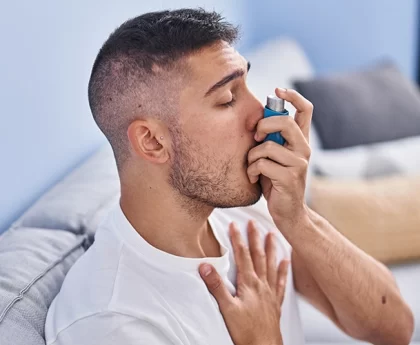COVID-19 treatment complications can occur due to various factors, including the severity of the illness, the presence of underlying health conditions, individual responses to medications, and the use of certain treatments.
Some potential complications that may arise during or after COVID-19 treatment include:
- Secondary Infections: COVID-19 can weaken the immune system, making individuals more susceptible to secondary bacterial or fungal infections, such as pneumonia.
- Respiratory Complications: Severe COVID-19 cases can lead to acute respiratory distress syndrome (ARDS), which is a severe lung condition requiring intensive medical support and mechanical ventilation.
- Blood Clotting: COVID-19 is associated with an increased risk of blood clot formation, which can lead to deep vein thrombosis (DVT), pulmonary embolism (PE), or stroke.
- Organ Damage: COVID-19 can affect various organs, including the heart, kidneys, liver, and brain. In severe cases, it may cause organ failure.
- Long COVID: Some individuals experience lingering symptoms and complications after recovering from acute COVID-19 infection. This condition is often referred to as “long COVID” or “post-acute sequelae of SARS-CoV-2 infection” (PASC). Long COVID symptoms can include fatigue, shortness of breath, brain fog, and other persistent health issues.
- Allergic Reactions: Some individuals may experience allergic reactions to medications or treatments used during COVID-19 treatment.
- Adverse Reactions to Medications: Certain medications used to treat COVID-19, such as remdesivir or corticosteroids, can have side effects or cause complications in some individuals.
It’s important to note that while complications can occur, the vast majority of COVID-19 cases are mild, and most people recover without the need for hospitalization or intensive treatment. Treatment complications are more common in severe cases or in individuals with pre-existing health conditions.

These side effects typically occurred within a few days of vaccination and included:
- Pain or swelling at the injection site
- Fatigue or tiredness
- Headache
- Muscle pain or aches
- Chills
- Fever
- Nausea
Some of the COVID-19 vaccines in India are:
- Covaxin: Manufactured by Bharat Biotech in collaboration with the Indian Council of Medical Research (ICMR). It is an inactivated virus vaccine.
- Covishield: The Oxford–AstraZeneca COVID-19 vaccine, manufactured by the Serum Institute of India (SII). It is a viral vector vaccine using the ChAdOx1 adenovirus.
- Sputnik V: Developed by the Gamaleya Research Institute of Epidemiology and Microbiology in Russia. In India, it was being manufactured by Dr. Reddy’s Laboratories.
- ZyCoV-D: Manufactured by Zydus Cadila. It is India’s first plasmid DNA vaccine against COVID-19.
- Covovax: Developed by Novavax, it was manufactured in India by the Serum Institute of India.
- Biological E’s COVID-19 vaccine: Biological E, an Indian biopharmaceutical company, was developing its COVID-19 vaccine candidate.
As research and understanding of COVID-19 continue to evolve, the medical community learns more about potential treatment complications and how to manage them effectively. If you or someone you know is undergoing COVID-19 treatment and experiences any concerning symptoms or complications, it’s crucial to seek medical attention promptly. Healthcare professionals can provide appropriate care and support based on individual needs and circumstances.
The most common side effects reported with COVID-19 vaccines were mild and temporary, similar to those seen with other vaccines.
More Details or References: Clammy Skin: Symptoms, Causes & Treatment You Must Know
If you don’t like this article/post please share your feedback.





